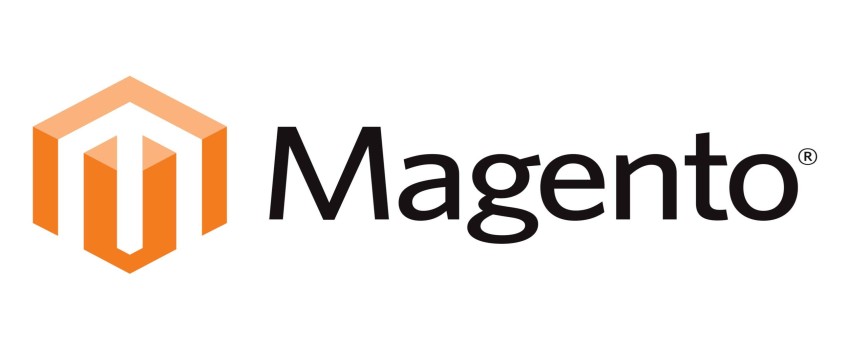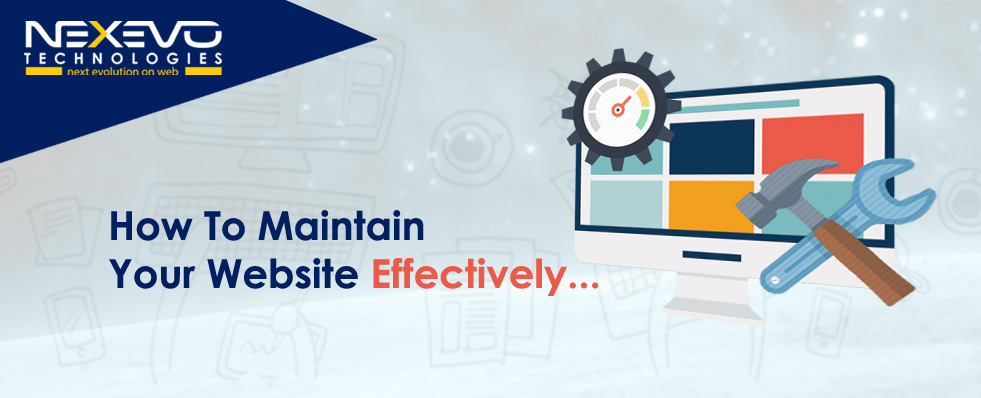How to Improve Your Website Security

In recent years there has been the introduction of so many great tools & services in the web development space. The highly efficient Content management system (CMS) like WordPress, Joomla, Drupal, etc. allows the business professional to build their online presence easily and quickly.
This is undoubtedly a great achievement however there is an unfortunate side effect that many webmasters don’t know how to make sure that their website is secure. All of the Website Development Companies in India is also make sure that the security of the website always considered a high priority to make sure no one applies any bad tactics or makes some unacceptable change. In this post, I will share with you some tips that all webmasters or owners of the business should follow to make their websites secure.
7 Tips to Improve Your Website Security
1. Keep Updating
Update the themes, plugins, and content management systems (CMS) on your website regularly. Security fixes that fix vulnerabilities that hackers exploit are frequently included in updates. To guarantee ongoing protection, set up automatic updates whenever it is practical.
2. One Site = One Container
We know the temptation of web hosting plans and why not to host more sites on a single server because this is one of the worst security practices to do and a mistake that is commonly seen. Hosting too many sites in the same location creates a very large attack surface. So you should be careful and try to reduce hosting numerous sites on a single server.
3. Use HTTPS Encryption
Protect your website by encrypting data that is sent between the browsers of your visitors and your web server. This stops unwanted access to private data, including payment information and login passwords. To enable HTTPS, get an SSL/TLS certificate from a reliable certificate authority.
4. Regular Backups
As like in the digital world you can lose all in a catastrophic event. We often make back-up enough but you will be thankful to yourself if you take some time to plan and find the best website back-up solutions for your website. Having a backup of your website is very important but storing them on the web server is a major security risk. These back-ups contain unpatched versions of CMS extensions which are available publicly and give easy access to hackers for accessing your server. That’s why you need to plan the best website backup solution.
5. Employ Web Application Firewalls (WAF)
Install a web application firewall (WAF) to keep an eye on and filter HTTP traffic going between the internet and your website. Malicious traffic, such as SQL injection, cross-site scripting (XSS), and other widespread assaults, may be identified and stopped by a WAF. Select a WAF solution based on the configuration and requirements unique to your website.
6. Conduct Security Audits
Regularly conduct security audits to identify vulnerabilities and weaknesses in your website's infrastructure. Utilize security scanning tools to assess for common security flaws and potential entry points for attackers. Address any identified issues promptly to mitigate risks.
7. Track Website Activity
To identify questionable activity, have strong logging and monitoring systems in place. Login attempts, changes to files, and other important events should be watched for indications of malicious or unauthorized activity. For enhanced threat detection capabilities, spend money on intrusion detection systems (IDS) and security information and event management (SIEM) solutions.
Conclusion:
In conclusion, in the current digital environment, giving website security top priority is essential. You can considerably lower the risk of cyber threats and protect your online presence by adhering to best practices like updating software, hosting sites independently, encrypting data with HTTPS, keeping frequent backups, setting up web application firewalls, and performing security audits.
Related to this
Let's Discuss Your Project











